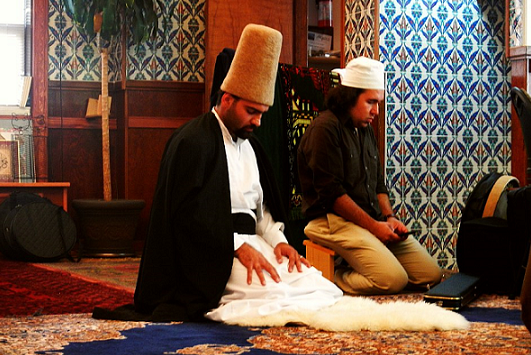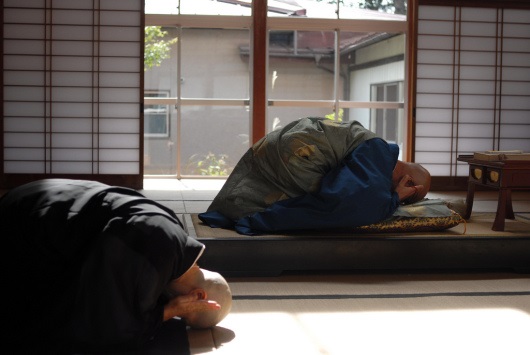[ by Charles Cameron — saved from a slush pile]
.
A while back, I presumptuously submitted my effort for Modern War Institute‘s War Books Profile series, where it has languished on the slush pile for a few months now. No need to waste a decent post, though, so I’m posting it here, locally, on Zenpundit, for any who may be interested.
**
Name: Charles Cameron
Brief Biography:
Charles Cameron is the managing editor of the strategy blog Zenpundit, and a past Principal Researcher with the Center for Millennial Studies at BU and Senior Analyst at The Arlington Institute. He is a three time finalist in the Atlantic Council Brent Scowcroft Center’s Art of the Future challenges, and author of the essay “The Dark Sacred: The Significance of Sacramental Analysis” in Robert J Bunker, Blood Sacrifices (a Terrorism Research Center Book). He is the designer of the HipBone family of conceptual games, and is currently working on a book on religious sanctions for violence titled Landmines in the Garden.
Top Five Books:
Mustafa Hamid & Leah Farrall, The Arabs at War in Afghanistan. Respectful enemies – he, a friend of UBL and Mullah Omar, she, a counter-terrorism expert for the Australian Federal Police – debate and confer across battle lines to draw a detailed picture of AQ structure and history. A unique collaboration.
William McCants, The ISIS Apocalypse. The key to ISIS intensity has to do with what then-Chairman of the Joint Chiefs Dempsey called their “apocalyptic, end-of-days strategic vision.” McCants masterfully reveals that apocalyptic driver, and the somewhat obscure scriptures on which it is based.
SH Nasr, ed., The Study Quran. With enemies such as ISIS and AQ that are given to quoting scriptural texts, it is important to have a reputable, non-sectarian translation and scholarly commentary on the Quran. This is that book.
Hegghammer & Lacroix, The Meccan Rebellion: The Story of Juhayman al-‘Utaybi Revisited. A slim volume, a delight to hold in the hand, and packed with detailed scholarship on what is arguably the seed moment of contemporary Jihadism.
John Kiser, The Monks of Tibhirine. This book, and Christian de Chergé’s astonishing letter to the jihadists who would shortly martyr him, is an eloquent testament to values we should cherish in a time of brutality and hatred.
The One That Shaped Me The Most:
Hermann Hesse, The Glass Bead Game. The human mind, attuned to variety and complexity yet primed to understand complex matters in binary terms, tends to hold war and peace as poles apart. Musically speaking, war is equivalent to discord, peace to harmony. The musical technique of counterpoint, so central to Bach, plays “voices” against one another in a manner that recognizes their variety and individuality and allows for discord while constantly working to resolve it harmoniously. It thus offers us an analogy for the constant interplay of warlike and peaceable motivations, both within the individual human and among the world’s societies and cultures – an invaluable overview of the natural condition. Hesse’s novelistic Game shows analogy rather than linearity as the key to creative insight, and offers a contrapuntal play of ideas as the overarching architectural structure for comprehending a world of conflict and resolution. It won the Nobel.
**

**
Reworking my list today, I might well reckon the McCants book has served its brilliant purpose, illuminating in fine detail the apocalyptic nature of ISIS theology, and substitute a no less valuable but more wide-focus tome, Shahab Ahmed’s What is Islam, which broadens our understanding by offering a comprehensive exploration of “lived Islam” across the centuries and continents, going far beyond “scriptual” Islam as understood by the fundamentalists.
Ideally, of coure, there’d be room for both McCants and Ahmed, as there is in the tiny bookshelf on my desk..









